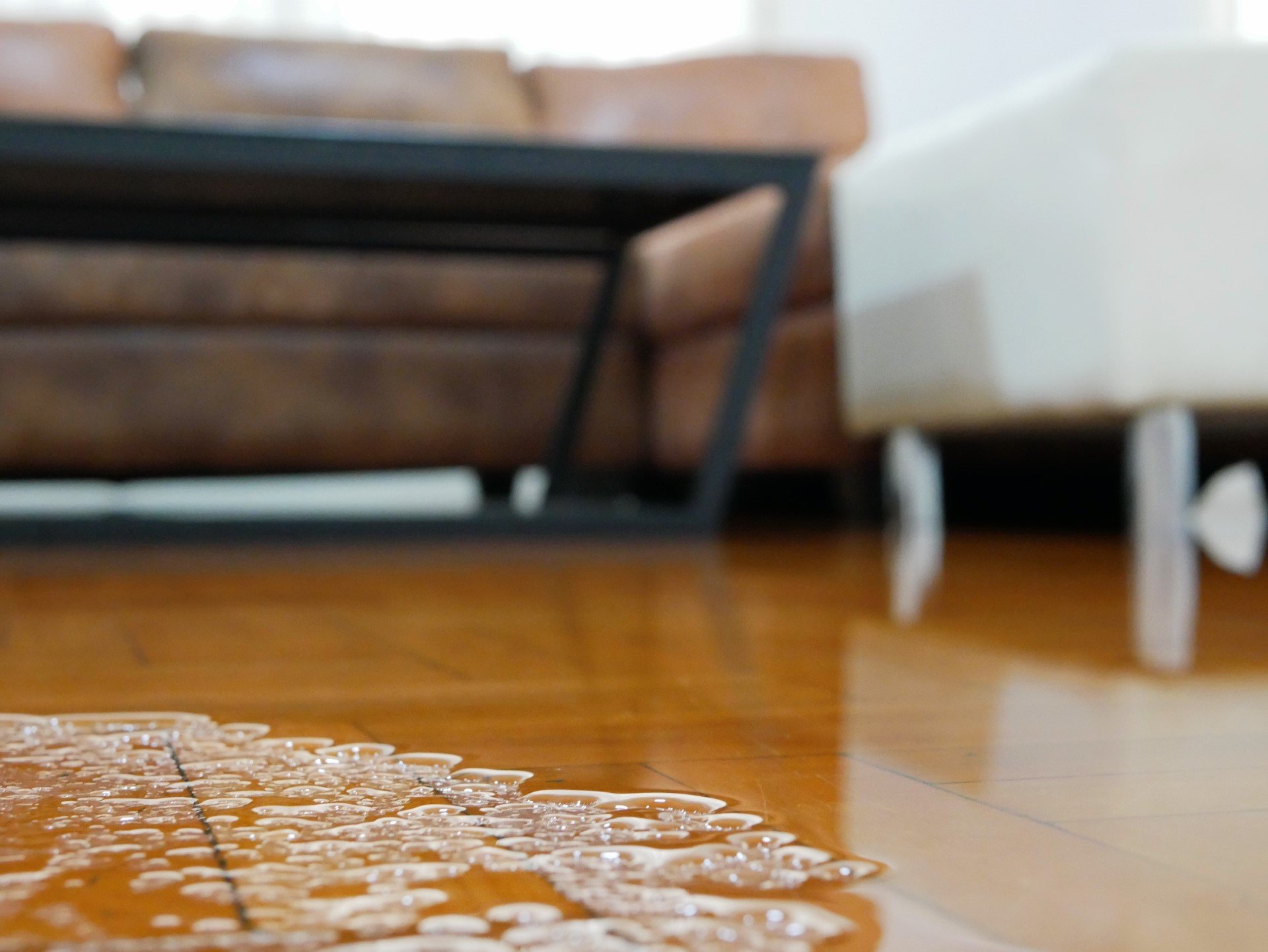7 Common Causes Of Water Damage In Your Home
RH Business Marketing Solutions
Water damage can be a huge problem for any homeowner. Not only is it unsightly, but it can also lead to mold growth and structural damage. Apart from these issues, water damage can also lead to health problems.
Unfortunately, it can also be one of the most expensive to repair. Water damage can occur for various reasons, ranging from plumbing leaks to heavy rains. Therefore, it's essential to be aware of them so you can take steps to prevent them.
Here are seven of the most common causes of water damage in homes:
1. Leaking Or Burst Pipes
One of the most common causes of water damage in your home is leaking or burst pipes. This can happen for many reasons, such as wear and tear, freezing temperatures, and tree roots growing into the pipe. If you have a pipe leaking, or if you suspect that your pipes might be at risk of bursting, you should call a plumber immediately to have them fixed. You may visit this page or contact professionals near you to prevent water damage in your home.
2. Severe Weather
Severe weather is another common cause of water damage in your home. Strong winds can break windows and allow rainwater to enter your home, while heavy rains can cause flooding and leaks. Even something as simple as clogged gutters can lead to water damage, as the accumulated water can seep into your home and cause mold and mildew to grow. As a result, it's important to be prepared for severe weather and take steps to protect your home from water damage.
For example, you should regularly check your gutters and downspouts to ensure they're clear. Moreover, you should also have a plan for what to do if your home suffers water damage. Being prepared can help minimize the damage caused by severe weather.
3. Sewage Backup
Another common cause of water damage in your home is sewage backup. This occurs when sewage from the main line backs up into your home through the drains. It can happen for many reasons, such as a clog in the main sewer line or a blockage in your home's drains.
A sewage backup is extremely dangerous as it can contain harmful bacteria and viruses that can cause serious illness. If you suspect a sewage backup in your home, you should call a professional immediately to have it cleaned up.
4. Groundwater Intrusion
Groundwater intrusion can happen without any warning. When groundwater rises due to heavy rains or other conditions, it can seep into foundations and walls, causing severe damage. Sometimes, the water table may rise so high that it floods your basement or crawlspace.
Even if the water doesn't reach that level, it can still saturate the ground around your foundation, putting pressure on your walls and causing cracking and leaking. Unchecked groundwater intrusion can lead to severe structural problems that can be very expensive to repair.
5. Appliance Leaks
Washing machines, dishwashers, and water heaters can develop leaks over time. In some cases, the leak may be minor and won't cause much damage. Trouble can start with a small drip, but it doesn't take long for a leaky appliance to cause extensive damage. Water can quickly ruin floors, walls, and ceilings, and it can also lead to the growth of mold and mildew.
In addition, appliance leaks can be tricky to spot since they may not be immediately visible. A leaky dishwasher, for example, may not show any signs until the floor beneath it is saturated. Therefore, regularly inspecting your appliances for signs of leaking, such as rust or water stains, is important. If you do find a leak, be sure to have it fixed as soon as possible to prevent further damage.
6. Sump Pump Problems
If your home has a sump pump, it's essential to keep an eye on it to ensure it's working correctly. A sump pump is designed to remove water from your home accumulated in the sump pit, typically located in the basement. However, if the sump pump fails or is not working properly, the water can overflow into your home and cause serious damage. Therefore, it's vital to test your sump pump regularly and have it serviced if necessary.
7. Poorly Maintained Gutters
Gutters are essential to your home's drainage system and play a crucial role in preventing water damage. Gutters channel water away from your home and prevent it from seeping into the foundation or leaking into the basement. However, if gutters are not properly maintained, they can become clogged with leaves and debris, which can cause water to back up and overflow.
In addition, a poorly maintained gut can also lead to leaks and cracks, which can allow water to enter your home. Therefore, it's necessary to regularly clean your gutters and ensure they are in good working condition.
Wrapping Up
Water damage is a serious problem that can cause extensive damage to your home. By being aware of the common causes of water damage, you can be proactive in preventing it from happening. Furthermore, if you experience water damage, it's important to act quickly to minimize it.
